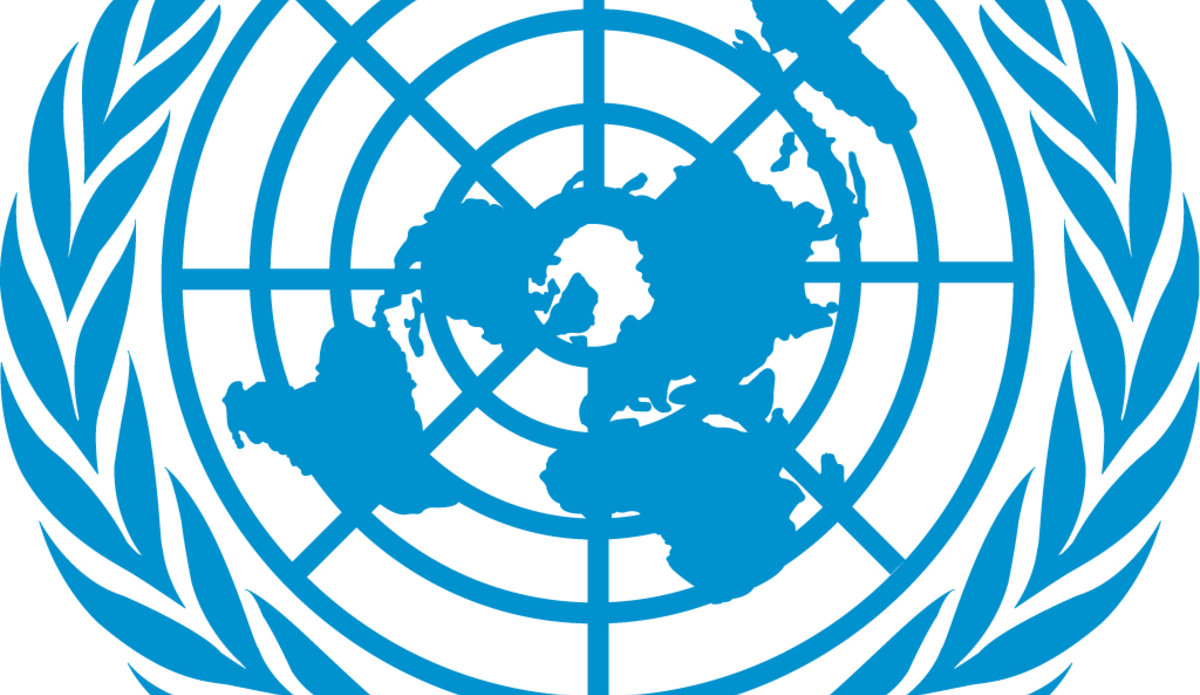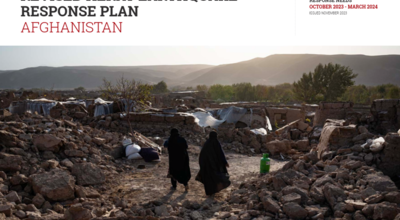UN-backed training boosts Afghan police ability to address consequences of sexual abuse and violence
KABUL - The ability of Afghan police to respond to the health consequences of sexual abuse and violence received a boost this week, through the provision of a United Nations-backed training course.
Organized by the Afghanistan Democratic Policing Project, the three-day training course brought together some 20 participants, made up of members of the Afghan National Police’s Family Response Units (FRUs) and health care providers from various districts around the capital, Kabul, with the latter including staff from local hospitals where domestic abuse victims are often referred to.
The first in a series of courses to be held over the next ten months, the training covered theory and practice, consisting of subjects on how to communicate well, identify problems and provide solutions. Participants discussed topics such as health issues stemming from gender-based violence (GBV), the social consequences of GBV, roles and responsibilities of FRUa and health providers, and referral approaches between FRUs and health providers.
The training also aims to strengthen the relationship between the police, health care providers and the Afghan Government’s Women’s Affairs Department.
According to various studies carried out in Afghanistan, up to 87 per cent of women experience at least one form of physical, sexual or psychological violence in their life-time, and up to 62 per cent of them experience multiple forms of violence. Studies have also found that violence against women is more pervasive in the country’s provinces.
Addressing the course attendees on the first day of the course, the Director ofWomen’s Health Development Organization (WHDO) – one of the training project’s implementers – Dr. Sediqa, said that the training will help different organizations to deal with gender-based violence (GBV) cases more effectively.
Following each training course, WHDO will hold follow-up workshops to evaluate interactions between health care providers and FRUs.
The Afghan office of the UN Population Fund (UNFPA), which had an observer present at the training, has previously noted that victims of GBV often require multi-faceted assistance that cannot be provided by any one type of public institution such as healthcare bodies, law enforcement agencies or social protection units. Furthermore, it has stated that the absence of comprehensive referral, protection, and response mechanisms for GBV victims leaves women and girls at high risk of being re-victimized and abused, often by family members and the community.
In her remarks to the attendees, a Gender Affairs Officer of the Police Advisory Unit of the UN Assistance Mission in Afghanistan (UNAMA), Odile Kantyono, stressed the importance of cooperation amongst different institutions dealing with GBV.
Relating similar challenges in her home country, Burkina Faso, Ms. Kantyono said that that problems arise from a lack of communication amongst police units, prosecutors and medical practitioners, which leads to GBV cases being delayed and victims, often, not pursuing their cases.
“Workshops in provinces (of Burkina Faso) were organized in which prosecutors, doctors and police investigators participated and that resulted in strong cooperation in handling cases of violence against women,” Ms. Kantyono said, while also highlighting that Afghanistan is taking a similar approach.
Funded by the Government of the Netherlands, the Afghanistan Democratic Policing Project is focused in two main areas: supporting Afghanistan’s Police-e-Mardumi (community police) in the conduct of police-community consultations and school outreach programmes with a gender focus; and, strengthening the capacity of women police to provide services to women victims, in collaboration with the Women Police Mentoring Programme carried out by the UN Development Programme (UNDP).
The Policing Project’s work is implemented by a partnership consisting of UNAMA, the UN Office for Project Services (UNOPS) and eight Afghan organizations.
 UN
UN







